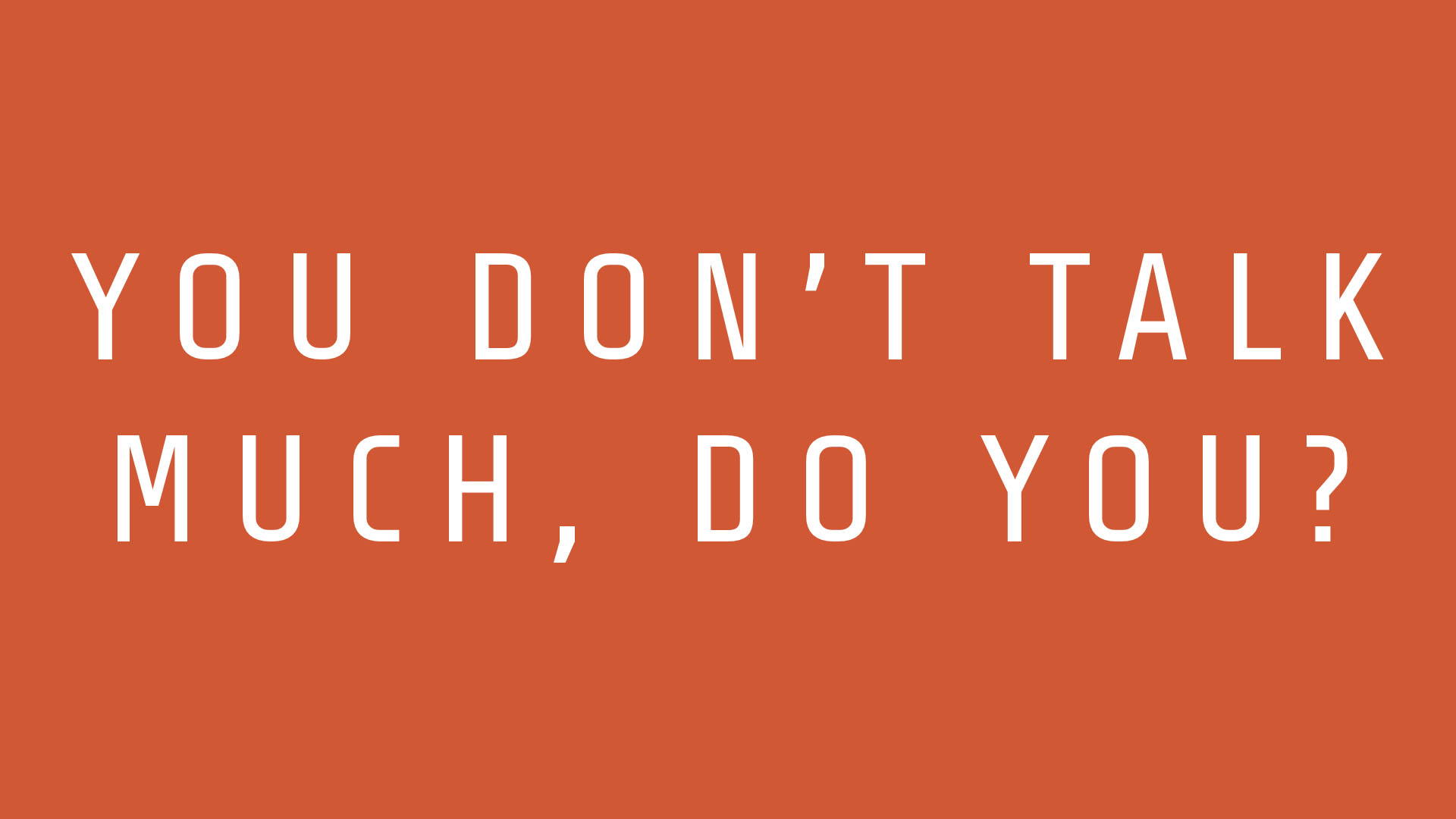[Written By: Hannah Lane]
‘Don’t talk much, do you?’ These were words uttered to me a matter of days ago, as I sat in the back of a car with my older sister and two others. We were undertaking an hour-long journey and, unsurprisingly, my sister had been talking non-stop the entire time whilst I had hardly spoken only one word beyond the necessary polite greetings and initial small talk. I then smiled at the person addressing me and mumbled something about a tendency to zone out during car journeys, and that I was more of a listener anyway.
Growing up, I was often that person who was labelled the ‘quiet one’, the ‘shy one’, or the ‘one who needs to speak up more’. At family gatherings, my relatives would comment on my apparent lack of ability to utilise my verbal faculties to engage in any kind of prolonged conversation, whilst my sister could talk incessantly for hours. My school reports would mention my relative lack of interest in speaking out unless I was directly told to do so, and anyone meeting me for the first time would most likely point out my quietness and tell me I ‘needed to find my voice’.
Initially, these comments would bother me; not because they would make me question the suitability of my natural quietness, but because I found it annoying that people who only knew me from very limited contexts would find it appropriate to comment on how much I chose to speak. I always found it easier to express myself through other media – such as writing – and it irked me that so few people could see any value in ways of self-expression which weren’t obvious, loud and verbal. Equally annoying was the fact that being around my friends and family naturally brought out my voice (which was apparently so unheard in other contexts) – yet the majority of people I engaged with in everyday life would never be aware that, in some situations, I never did stop talking. I would worry that as well as appearing just quiet, I was also portraying myself as hostile, unsociable, and lacking in any general confidence.
Then, a couple of years ago, I was mentioning to a friend the likelihood that meeting new people would bring up the assumption that I dislike talking. Instead of agreeing with me, he told me he’d always perceived me as expressing a kind of ‘quiet confidence’. Afterwards, I suddenly seemed able to view myself in an entirely different way. I’ve realised that quietness doesn’t necessarily equate to a lack of confidence, and being loud doesn’t mean you’re comfortable with expressing your voice. Speech, like so many other modes of self-expression, can be deceiving, and is so often used as a barrier between a person’s inward and outward perception of themselves that it can be difficult to see beneath the often meaningless words and into the personality that exists underneath.
Since then, I’ve always remembered this mind-opening conversation in situations where I’d otherwise worry that I’m not making myself heard adequately. The ‘quiet thing’ is something I’ve got much less frequently since starting university; whether it’s from a growth in verbal self-assurance or simply the fact that no one notices anymore, I’m not sure. Either way, I’ve grown to realise that quiet confidence is, for me, much more desirable than loud self-assurance, and the most important thing is that your voice is expressed in a way which is meaningful to you personally – whether other people choose to hear it or not.

